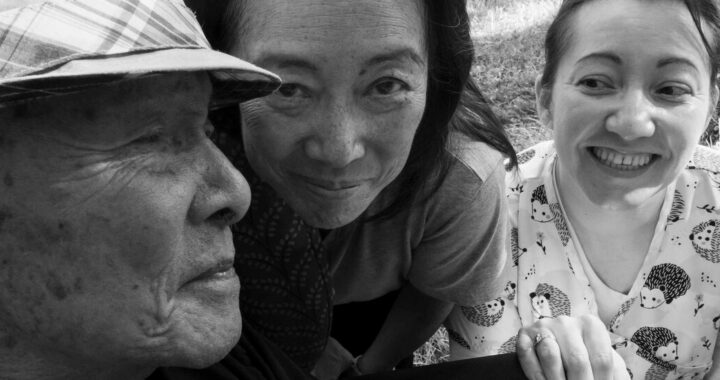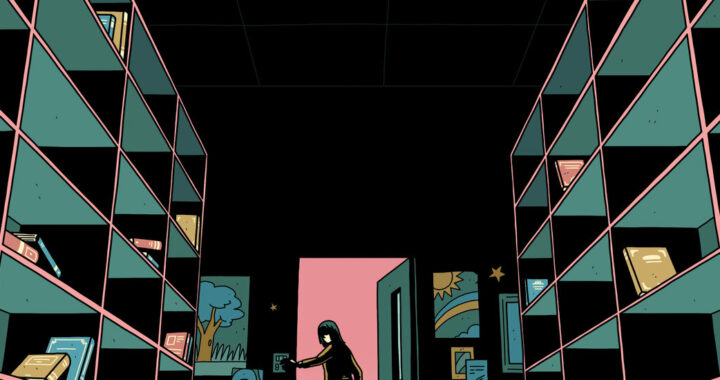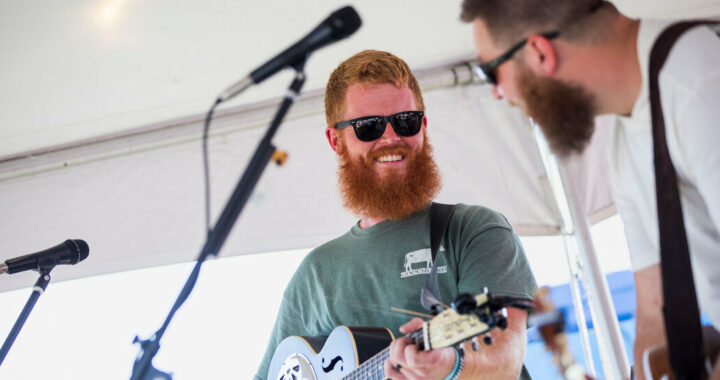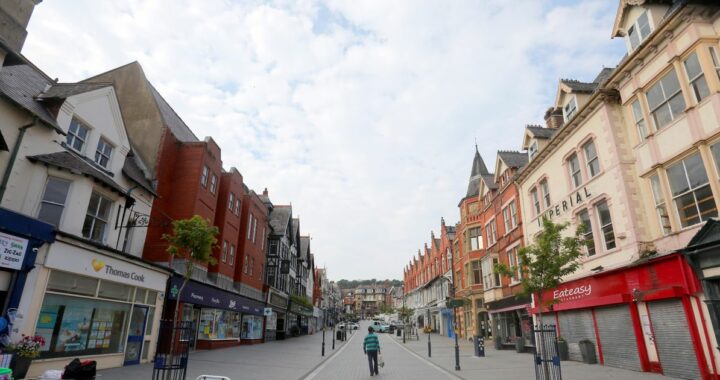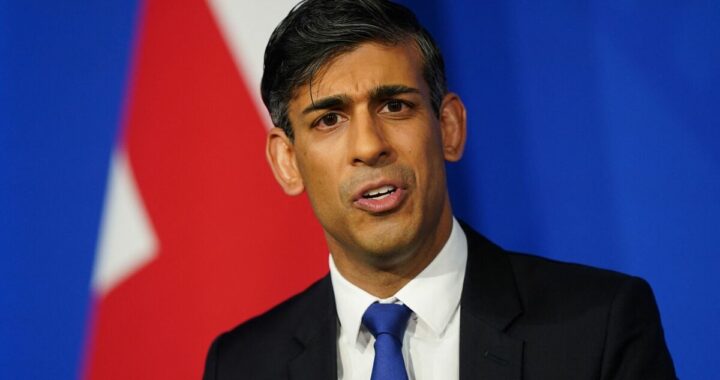Opinion | Rising Heat Deaths Are Not Just About the Temperature
6 min read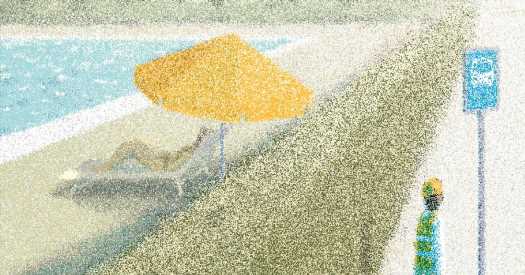
The day I found out that 10 people had died of heat-related illness in Laredo, Texas, I happened to be on a road trip with my daughter from our home in Austin to the Gulf Coast. Our hotel had a pool with an outdoor bar. As I read about this tragedy on a cushioned lounge chair, the contrast between these horrific deaths, just a few hours away, and the happy sunbathers sipping boozy frozen drinks around me was troubling and revelatory. We are all experiencing record-breaking heat, but it’s clear that we do not all experience it in the same way.
In the very county where I sat by the pool, a 46-year-old construction worker died from hyperthermia while pouring concrete a few weeks before. According to The Times, extreme heat, the leading weather-related cause of death, killed at least 306 people in Texas last year — the highest annual total in more than two decades. The Centers for Disease Control and Prevention reports around 700 deaths and about 9,000 hospitalizations each year related to heat. But studies have shown that the actual toll of heat is likely to be much higher, possibly contributing to tens of thousands of deaths. Researchers in Britain predict that heat-related deaths will rise 257 percent by 2050 due to climate change.
I grew up in Texas and for as long as I can remember, summer brought news stories of heat deaths. But I also remember when summers were more bearable. Now, the heat is getting worse and more people are dying. While it is important to highlight heat deaths as another example of the devastating toll of climate change, it is also important to say that, often, when people die of heat, they are actually dying of poverty. And as with climate change, the rippling effects of poverty must also be addressed, battled and curbed.
To be sure, poverty is not a factor in every heat death. Wealthier people can end up in dangerous situations, and all of us must take precautions to stay cool and hydrated as we face record-breaking temperatures across the country.
Those most likely to die from heat, however, tend to be older people, migrants, those in poverty, those experiencing homelessness or inadequate housing, and those who work outside, like construction workers and agricultural laborers. Dangerous heat disproportionally affects Black and Latino families. Much like Covid-19 endangers and affects everyone, but has disproportionally affected historically disadvantaged communities, heat deaths expose deep societal inequality. Soaring heat deaths represent a societal failure. They demonstrate not only the harm of environmental destruction, but also how the poor fall through the cracks, how we as a society do not adequately care for one another, how we leave the vulnerable to die.
This is usually a sin of omission. We do not want the economically disadvantaged to not have access to working air-conditioners. We do not want the poor to be endangered. But we often do not see or know our most vulnerable neighbors.
Demographic sorting and the emergence of what the political scientist Charles Murray called “super ZIPS,” neighborhoods where the nation’s wealthiest families cluster, means that those with plenty of resources seemingly live on a different planet than those with few or none, even as we share the same city or state. The lives of the wealthy, the middle class, and those in poverty are increasingly separated and utterly different. So Alfredo Garza Jr. died in Laredo last month, sweltering in a home with two broken air-conditioners, while my house, with a functioning air-conditioner, sat empty for a week as I traveled for work.
Then there are times when these deaths are caused by a sin of commission — an intentional act of greed and callousness. Gov. Greg Abbott of Texas, for instance, signed a bill into law, amid triple-digit temperatures, that eliminated local regulations in Austin and Dallas mandating 10-minute water breaks every four hours for construction workers. It also prevented other cities from requiring even these modest safety measures. Applauded by supporters as pro-business, this bill expresses a shocking and inhumane disregard for human lives. Texas lawmakers appear to be punishing people for having the audacity to be working-class while also having basic bodily needs.
We all get hot. We all need water. We all need breaks. Lawmakers can ignore this reality because they work (on legislation like this bill) in air-conditioned offices. They drive home on roads made by the workers whose lives they are endangering. They pull inside their garages, close the door to the blistering heat and enter their comfortable homes, where their family members do not have to worry about dying of heat.
It is unconscionable that in our wealthy country, we let blue-collar workers and the economically disadvantaged needlessly die in oppressive heat. Many of these deaths could be prevented by better access to air-conditioned, safe places or hydration, by outreach workers who give information about heat safety, or by people who check in on those most vulnerable to heat.
There are already good examples of what can be done. Dallas, for instance, began an assistance program that distributes and installs free air-conditioning units for low-income families, the elderly and those with disabilities. We can help offset and limit energy bills for those who are economically struggling. We can create more cooling stations and reduce heat islands through having more tree canopies. We can provide water stations for migrants. We can ensure that those who work outside are protected by law. And we can each volunteer, donate to and support organizations that lift the burden on struggling neighbors around us.
The economic disparities in our country are deadly. Families like mine spend our summer complaining about the heat, but we can find ways to beat it. We go to the pool. We take trips to the beach or cooler places farther north. We spend afternoons hanging out in bookstores, coffee shops, or our well air-conditioned homes. All of this costs money.
And, importantly, we have a safety net, of both relationships and resources that help reduce the threats posed by extreme heat. If our air-conditioner breaks, my family has dozens of people we could call who would take us in until we could get it repaired. These relational resources and community connections are where the role of religious and civic institutions become most clear. Sociologist Robert Putnam writes about how religious organizations like churches offer social capital — informal networks of community that help people out and rescue people from invisibility and isolation. As a pastor, I’ve seen the power of this, as church members check in on and care for one another, especially the vulnerable in a community.
We, as a society, cannot simply wash our hands of these deaths, passively blaming them on a number on a thermometer. Human society and industry have contributed to the rising heat of climate change. And human society — the government, the church and individuals alike — have failed to ensure that those most at risk are kept safe. So, as heat deaths rise, when we speak of those who die, don’t just say they died of heat. Say they died of poverty, of neglect, of a world that values the wealthy more than those who are not, of a society that looks away from the preventable suffering of the vulnerable.
Tish Harrison Warren (@Tish_H_Warren) is a priest in the Anglican Church in North America and the author of “Prayer in the Night: For Those Who Work or Watch or Weep.”
Source: Read Full Article
